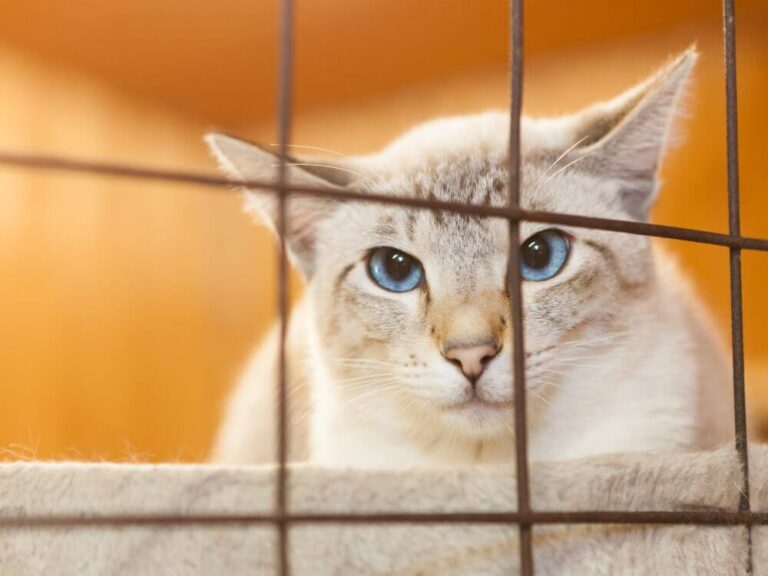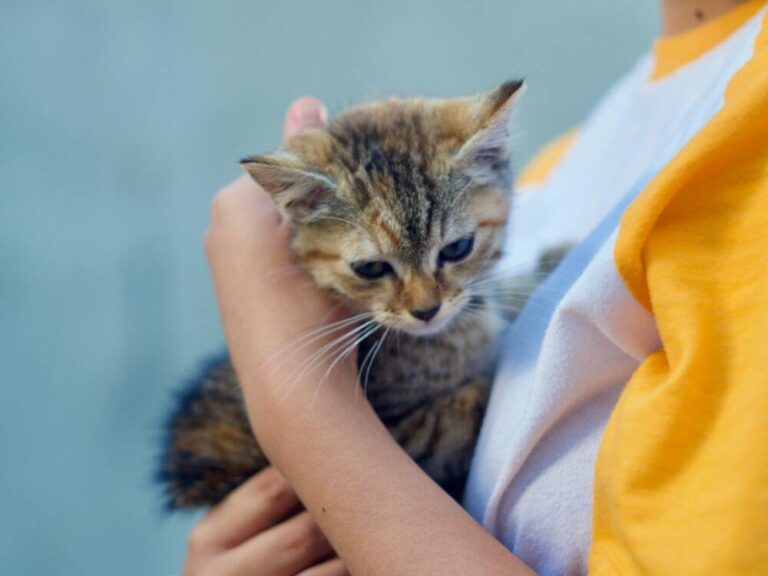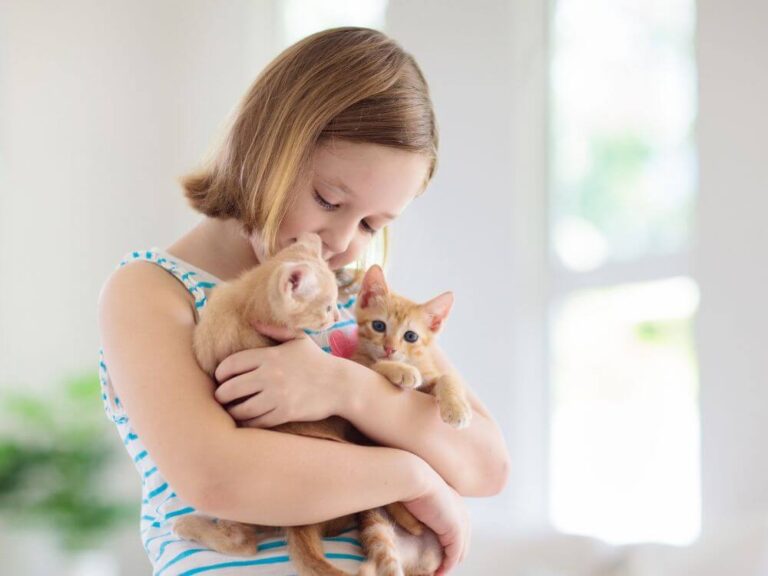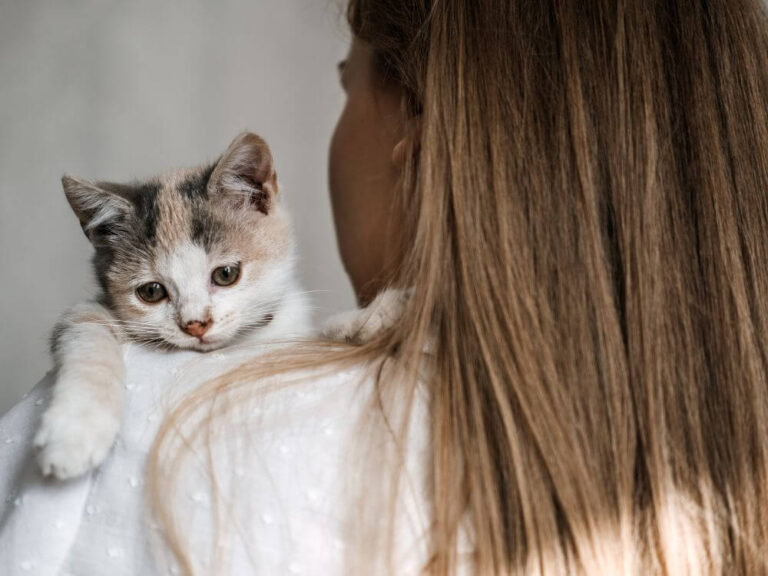Adoption vs. Buying: Which is the Better Choice for You?
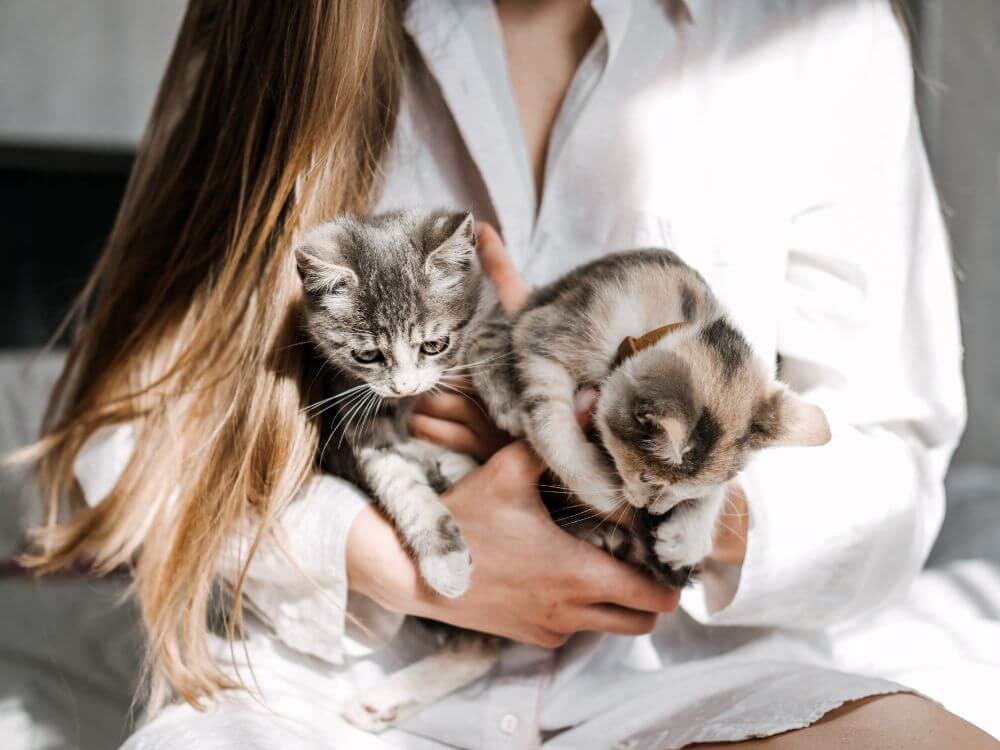
When considering bringing a new cat into your life, one major decision arises: should you adopt or buy? Both choices come with their unique set of advantages and challenges. Understanding the differences between adoption and buying will help you make an informed decision that aligns with your values, lifestyle, and expectations.
The Joys of Adoption
Adopting a cat from a shelter or rescue organization is a rewarding experience. Here’s why adoption might be the right choice for you.
Saving a Life
One of the biggest benefits of adopting a cat is that you are saving a life. Shelters are often overcrowded, and by choosing adoption, you give a homeless cat a second chance. Many animals in shelters face euthanasia if they are not adopted in time. Adoption directly reduces the number of cats living in shelters and suffering from neglect or abandonment.
Cost-Effective
Adopting is generally much more affordable than buying a cat. Shelter fees usually cover the cost of vaccinations, spaying or neutering, and sometimes even microchipping. This reduces the initial expense, making it a more cost-effective option for many pet owners.
A Wider Variety of Cats
Shelters are full of cats with different ages, temperaments, and breeds. Whether you’re looking for a playful kitten or a calm senior cat, there is no shortage of options when adopting. Many shelters also offer mixed-breed cats, which often tend to have fewer health problems than purebred ones.
Ethical Considerations
If you’re concerned about animal welfare, adoption is the more ethical choice. Many breeders and pet stores focus more on profit than on the animals’ well-being, leading to poor living conditions for the cats. Adopting from a shelter supports a system that prioritizes the health and happiness of the animals.
The Case for Buying
On the other hand, some potential cat owners are drawn to the idea of buying a purebred cat from a breeder. Here’s why buying might appeal to you.
Predictable Traits and Temperament
When you buy a purebred cat, you are more likely to get specific physical traits and personality characteristics that suit your preferences. For example, if you want a chatty and social cat, you might choose a Siamese. Breeds like Ragdolls are known for being docile and affectionate. Knowing the breed’s general traits allows you to predict the cat’s personality and appearance more accurately.
Health and Lineage Information
Reputable breeders often provide a detailed health history and lineage of their cats. This can be particularly important if you’re concerned about hereditary diseases or specific health conditions. Buying from a responsible breeder ensures that the cats are well taken care of and come from healthy, stable lines.
Socialization and Early Training
Cats from breeders are often well-socialized from a young age. They are typically introduced to humans early on and raised in environments where they are exposed to family life. This can result in a smoother transition to a new home and may mean fewer behavioral challenges.
Challenges with Adoption
While adopting can be incredibly rewarding, it’s important to be aware of the challenges you might face.
Unknown History
Many shelter cats have an unknown past, which can lead to behavioral or health problems. You may not know if your new cat has experienced trauma or neglect, which could affect their trust in humans. Additionally, you might not be aware of any genetic predispositions to certain diseases, making future health issues a possibility.
Limited Choices
If you have your heart set on a specific breed or type of cat, adoption may not offer as many options. Purebred cats do end up in shelters, but they are less common. Adopting might require more patience if you’re searching for a very specific type of cat.
Adjustment Period
Some adopted cats need time to adjust to their new home. If they have experienced a tough past, they may take longer to bond with their new owner or trust their environment. Patience is key when adopting, but the effort can be highly rewarding in the long run.
Considerations When Buying
Buying a cat from a breeder also comes with its own set of considerations, some of which can be problematic.
The Cost
Buying a cat from a breeder can be expensive, especially if you’re looking for a purebred with an impressive lineage. Costs can range from several hundred to thousands of dollars. In addition to the initial purchase, there may be extra expenses for specialized care depending on the breed.
The Risk of Unethical Breeders
Not all breeders are created equal. Some breeders operate puppy or kitten mills, which focus on profit over the animals’ well-being. These breeders often keep cats in unsanitary and crowded conditions, which can lead to serious health and behavioral issues. It’s crucial to research breeders thoroughly before making a purchase.
Limited Genetic Diversity
Many purebred cats come from limited gene pools, leading to inherited health problems. Some breeds are prone to specific genetic conditions, which could result in higher vet bills and health issues down the road. Mixed-breed cats, often found in shelters, tend to have more genetic diversity and may suffer fewer genetic diseases.
What to Consider Before Making Your Decision
Your Lifestyle
Consider your lifestyle when deciding between adoption and buying. If you have a busy schedule or limited resources, adopting a mixed-breed or older cat from a shelter may be a better fit. They are often more adaptable and less demanding. On the other hand, if you have specific desires regarding the cat’s breed or personality, buying might be more aligned with your preferences.
Your Budget
Financial considerations play a significant role in this decision. Adoption is generally less expensive and includes basic vet care. If you have the financial means and want a particular breed, buying from a reputable breeder could be worth the investment, but ensure you are prepared for the possible additional costs associated with purebred cats.
Emotional Commitment
Both adoption and buying come with emotional commitments, but adoption often involves more immediate emotional rewards. Knowing you’ve saved a cat’s life can create a deep bond. However, if you’re set on a particular breed, buying may fulfill your emotional needs in a different way, allowing you to connect with the specific qualities you desire.
Conclusion: Adoption vs. Buying – Which is Right for You?
Deciding between adoption and buying is deeply personal and depends on your values, preferences, and circumstances. If you’re looking for an affordable, ethical way to welcome a cat into your home while saving a life, adoption is the clear choice. On the other hand, if you desire a specific breed with predictable traits and don’t mind the extra cost, buying from a reputable breeder can be a rewarding experience as well. Whichever path you choose, remember that giving a cat a loving home is the most important aspect.

